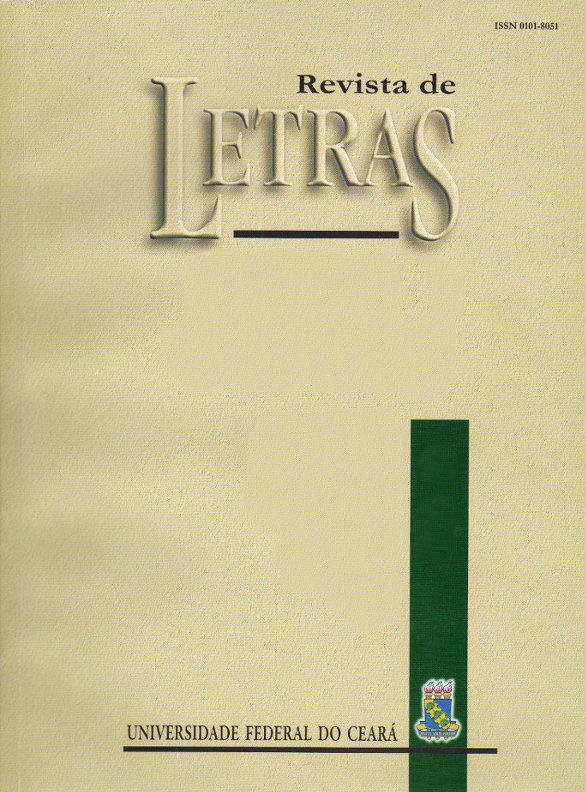A FORMAÇÃO INTERCULTURAL CRÍTICO-REFLEXIVA DE PROFESSORES DE INGLÊS NA AMAZÔNIA
Abstract
This work analyzes whether teachers trained in an undergraduate course (licentiate) in English as a foreign language developed critical-reflective knowledge that enables them to become a mediator of cultures in the teaching-learning processes. To this end, we sought to analyze the critical and reflective intercultural training of English teachers, based on the testimonies of the graduates of English classes (UFPA / Cametá), through semi-structured interviews and documentary analysis of the Pedagogical Political Project of the Course Graduation in English Language Letters. The data was analyzed in the light of cultural theories, intercultural education and critical foreign language teaching. The results show that, although the curriculum of the course, in its objectives, proposes the formation of interculturally competent subjects, the specific disciplines do not explicitly dialogue with the intercultural field, the consequence of which is that the intercultural competence of the graduates has not developed fully, although many respondents do consider themselves mediators of cultures.
Downloads
Downloads
Published
How to Cite
Issue
Section
License
Copyright (c) 2023 Revista de Letras

This work is licensed under a Creative Commons Attribution 4.0 International License.
Autores que publicam nesta revista concordam com os seguintes termos:- Autores mantêm os direitos autorais e concedem à revista o direito de primeira publicação, com o trabalho simultaneamente licenciado sob a Licença Creative Commons Attribution que permite o compartilhamento do trabalho com reconhecimento da autoria e publicação inicial nesta revista.
- Autores têm autorização para assumir contratos adicionais separadamente, para distribuição não-exclusiva da versão do trabalho publicada nesta revista (ex.: publicar em repositório institucional ou como capítulo de livro), com reconhecimento de autoria e publicação inicial nesta revista.
- Autores têm permissão e são estimulados a publicar e distribuir seu trabalho online (ex.: em repositórios institucionais ou na sua página pessoal) a qualquer ponto antes ou durante o processo editorial, já que isso pode gerar alterações produtivas, bem como aumentar o impacto e a citação do trabalho publicado (Veja O Efeito do Acesso Livre).

.png)





.png)
